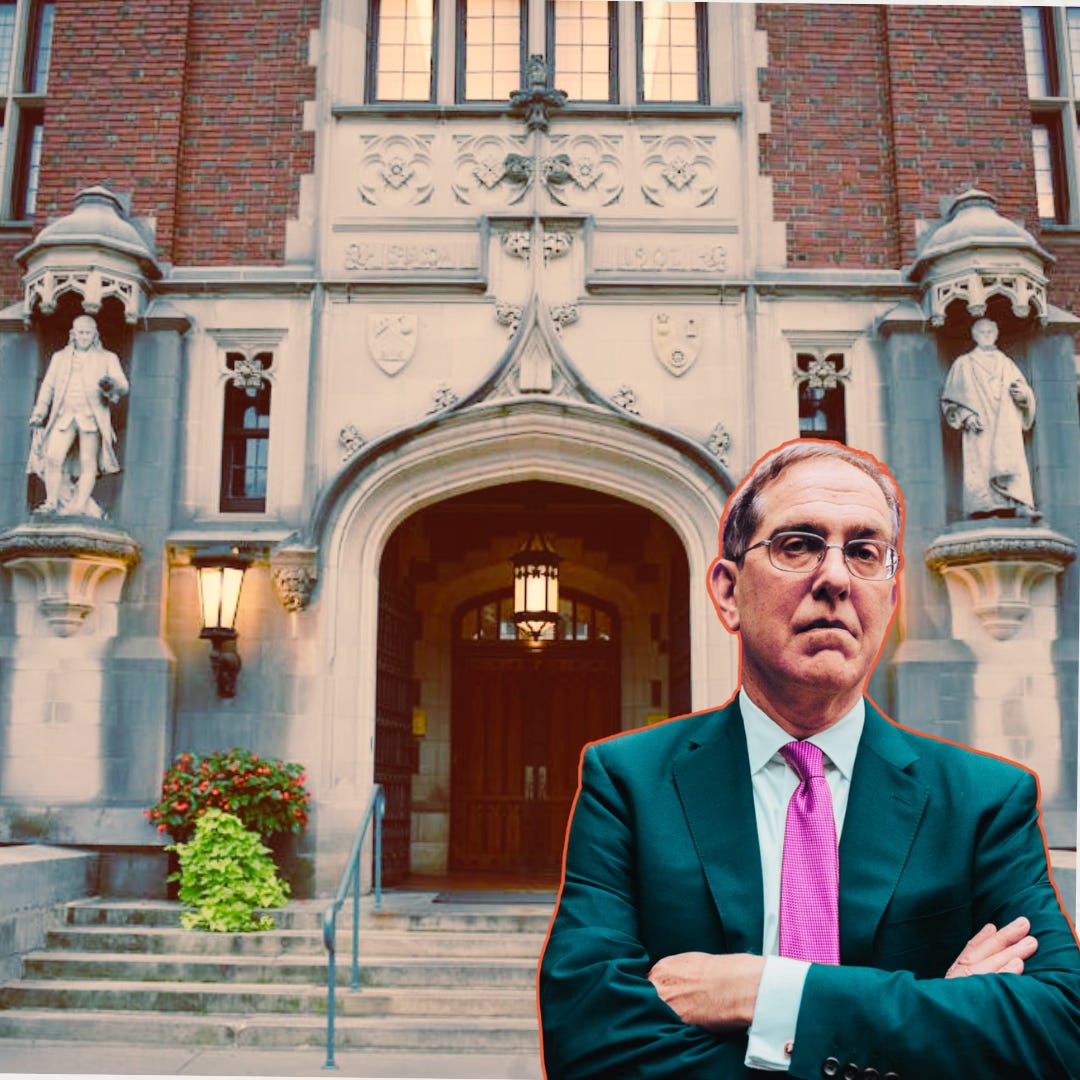Letter to the Editor: Eisgruber’s administration has quietly eviscerated the free speech rule
by Edward Yingling ’70 and Stuart Taylor Jr. ’70
In a May 18, 2023, letter to the editor titled "Eisgruber's administration has quietly eviscerated the free speech rule," published in The Daily Princetonian, Edward Yingling ’70 and Stuart Taylor Jr. ’70, co-founders of Princetonians for Free Speech, critique Princeton University's handling of free speech protections.
The authors clarify that their criticism is directed not at President Christopher Eisgruber's decision to dismiss Professor Joshua Katz, but at a December 7, 2021, letter from Vice Provost for Institutional Equity and Diversity Michele Minter. In this letter, Minter, with input from then-Vice President for Human Resources Lianne Sullivan-Crowley, interpreted University harassment policy as protecting speakers from harassment or abuse only if it is "based on a protected characteristic" such as race, creed, color, or sex. Yingling and Taylor argue that this interpretation effectively removes the protections of Rule 1.1.3 from most instances of harassment related to speech, despite the rule not mentioning "protected characteristics."
They further criticize President Eisgruber for leaving Minter's interpretation unchallenged and for not addressing criticisms from national free speech groups regarding the University's treatment of Katz. This includes the portrayal of Katz as a racist on a University website and during the 2021 freshman orientation, following his 2020 article that criticized the Black Justice League.
The letter also references a March 27, 2022, open letter from Professor of Politics Keith Whittington, representing the Academic Freedom Alliance, which expressed concern over the University's actions. In response, President Eisgruber defended the free speech rights of University staff and declined to remove the content in question from the University's official website.
Yingling and Taylor conclude that these actions by the administration have effectively undermined Princeton's free speech rule, contrary to President Eisgruber's professed support for free expression.


